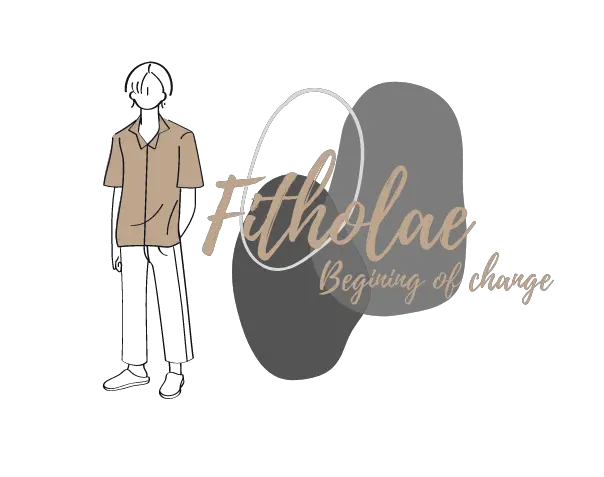The nature versus nurture debate has been a longstanding discourse in psychology and related fields, exploring the intricate relationship between innate genetic factors (nature) and external environmental influences (nurture) in shaping human behavior. This essay delves into the complexities of this interplay, examining how both forces contribute to the development and expression of human behaviors.
Table of Contents
Genetic Foundations (Nature):

- At the heart of the nature component lies the influence of genetics on human behavior. Our genes, inherited from our parents, provide the basic framework for various physical and psychological traits.
- These genetic predispositions manifest in characteristics such as temperament, intelligence, and certain propensities. Twin studies have been instrumental in highlighting the heritability of certain traits, demonstrating the role of genetics in shaping fundamental aspects of behavior.
Environmental Influences (Nurture):
- Contrasting with genetic determinants, the nurture aspect underscores the impact of the external environment on behavior.
- The environment, encompassing family dynamics, cultural influences, socio-economic factors, and early life experiences, plays a crucial role in shaping attitudes, values, and behavioral patterns.
- Social learning theory posits that individuals learn by observing, imitating, and receiving reinforcement, emphasizing the significance of the environment in behavioral development.
Gene-Environment Interaction:
- The interaction between nature and nurture is not a static dichotomy but a dynamic and reciprocal process. Gene-environment interaction suggests that genetic predispositions can influence how individuals respond to and interact with their environment.
- Similarly, the environment can modify the expression of certain genes, resulting in a complex interplay that ultimately shapes human behavior.
- This bidirectional relationship highlights the complexity of understanding behavior solely through a nature or nurture lens.
Critical Periods and Plasticity:
- Human development is characterized by critical periods during which specific experiences have a profound impact on behavior.
- However, the concept of plasticity adds nuance to this perspective, emphasizing the malleability of human behavior throughout the lifespan.
- While genetics may establish a baseline, environmental factors exert transformative effects, highlighting the importance of considering the holistic interplay between nature and nurture in understanding behavior.
Epigenetics and Behavioral Epigenomics:
- Epigenetic mechanisms introduce another layer to the nature-nurture discussion. These mechanisms involve modifications to gene expression that do not alter the underlying DNA sequence.
- Behavioral epigenomics explores how environmental factors can influence epigenetic markers, affecting gene expression and, consequently, behavior.
- This dynamic interaction highlights the intricate ways in which the environment can leave lasting molecular imprints on our genetic code, influencing our behavioral tendencies.
Conclusion:
In summary, the shaping of human behavior is a result of the complex interplay between nature and nurture. Genetic foundations provide a baseline, while environmental influences refine and mold these innate traits. The dynamic interaction between genes and the environment, coupled with concepts such as plasticity and epigenetics, underscores the intricacy of human behavior. Acknowledging the intertwined nature of these influences is essential for a comprehensive understanding of individual differences and the development of effective interventions in fields such as psychology, education, and healthcare. As we navigate the ongoing discourse on nature versus nurture, it is evident that the answer lies not in one extreme or the other but in recognizing the intricate dance between our genetic makeup and the world that surrounds us.
What is the nature-nurture debate?
The nature-nurture debate revolves around the question of whether human behavior is primarily influenced by innate genetic factors (nature) or external environmental influences (nurture).
How do genetics contribute to human behavior?
Genetics contribute to human behavior through the inheritance of genes from parents, influencing traits such as temperament, intelligence, and certain propensities. Twin studies often highlight the heritability of specific behavioral traits.
What role does the environment play in shaping behavior?
The environment, including family dynamics, cultural influences, and early life experiences, plays a crucial role in shaping attitudes, values, and behavioral patterns. Social learning theory emphasizes the impact of observation, imitation, and reinforcement in behavioral development.
How do genes and the environment interact in shaping behavior?
Gene-environment interaction suggests that genetic predispositions can influence how individuals respond to and interact with their environment. Conversely, the environment can modify the expression of certain genes, resulting in a dynamic interplay that shapes human behavior.
What is the significance of critical periods and plasticity in human development?
Critical periods represent times during development when specific experiences have a profound impact on behavior. However, the concept of plasticity underscores the malleability of human behavior throughout life, emphasizing the transformative effects of environmental factors on genetic predispositions.






